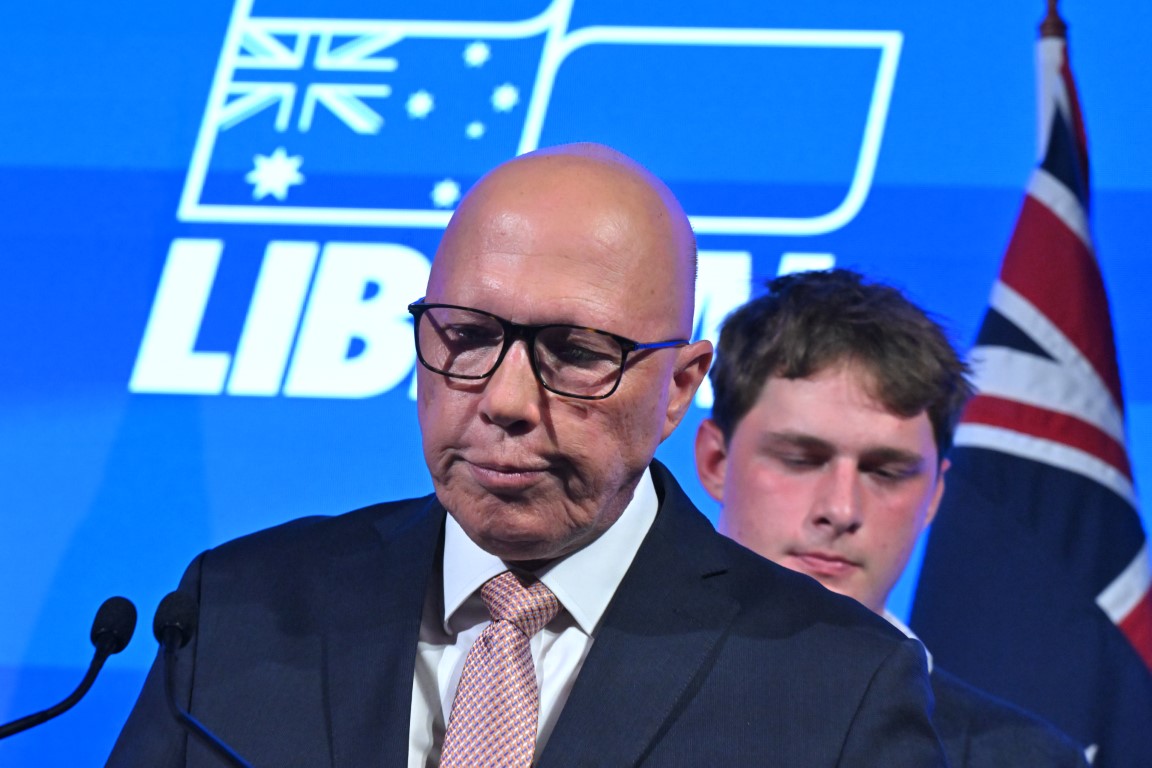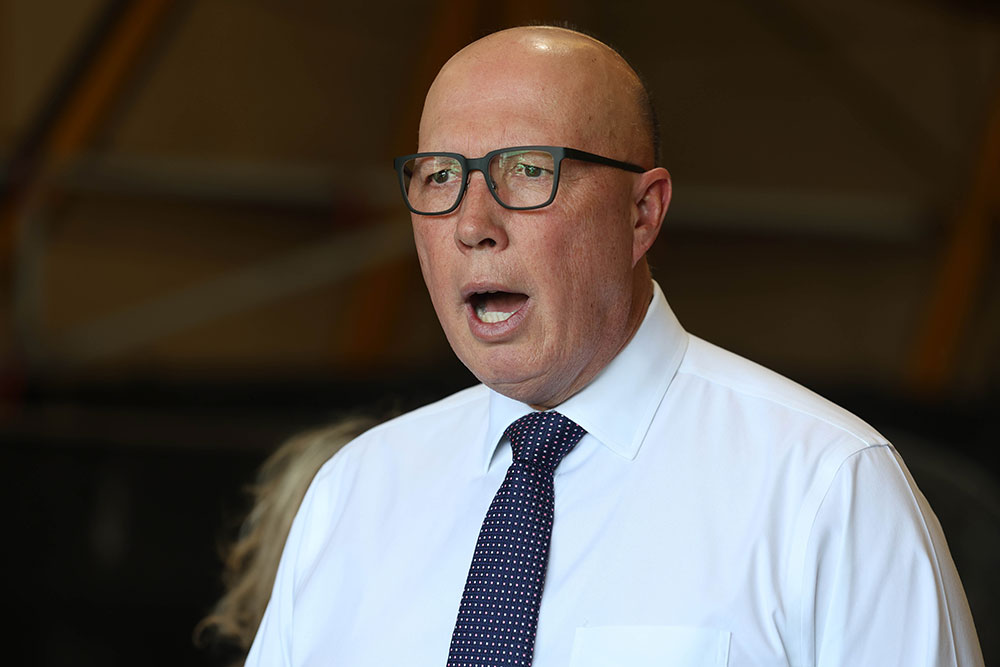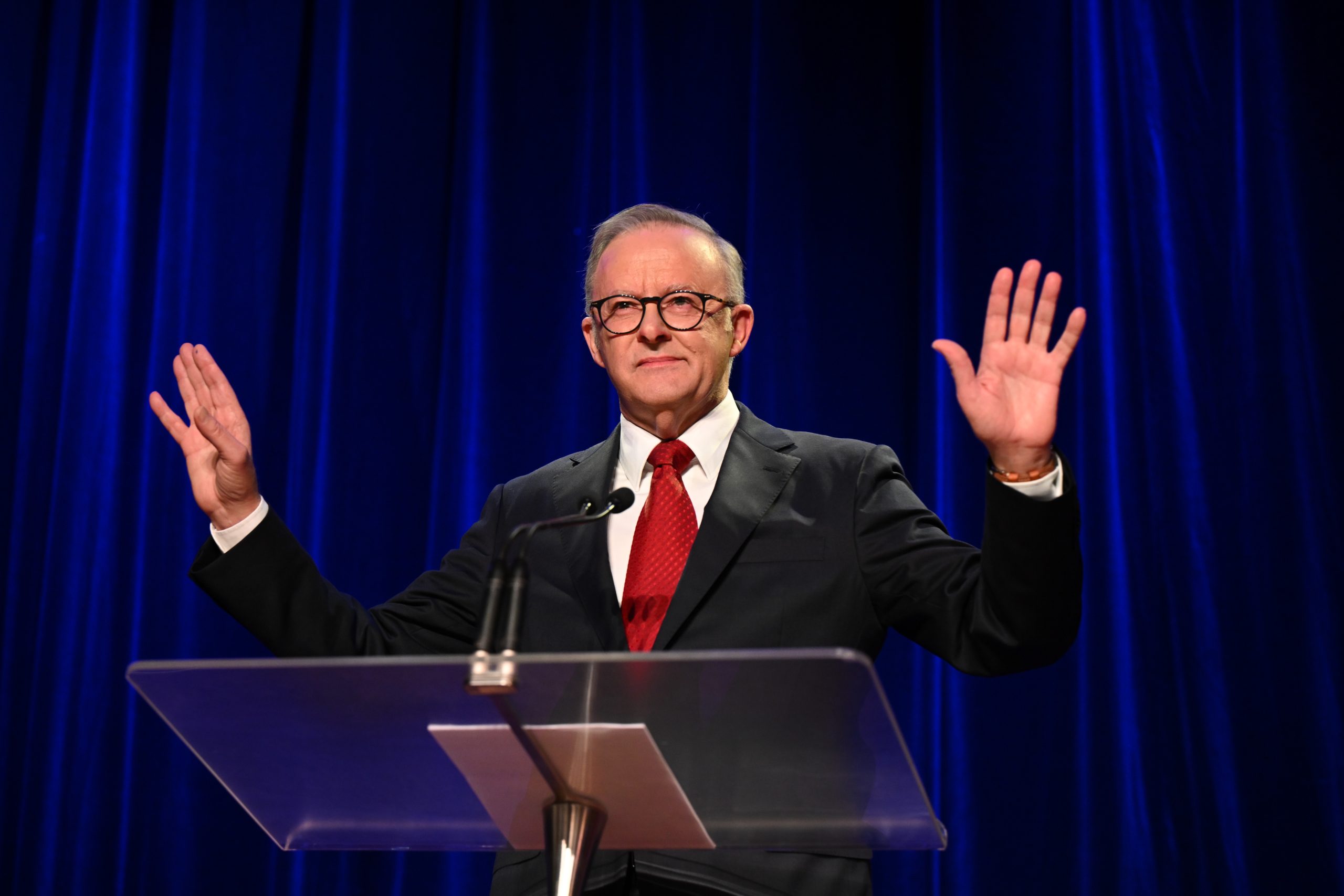
Anthony Albanese last weekend embedded himself in the annals of Labor Party history as one of its greatest ever leaders.
His victory at the 2025 Federal Election will long be remembered as one of Labor’s top triumphs.
And it’s important to note that while the Rudd and Gillard saga that tore the party apart some years ago feels well in the rear view mirror, it is Albanese who united the party and healed those wounds – not an easy feat.
But the real story of the election was not Labor.
It was the decimation of the Liberal Party and the emerging question – how do they possibly come back from here?
There is no question that this election is a line in the sand moment for the Liberals.
This was not just about Peter Dutton being unlikeable or the Liberals not selling what they had to offer enough during the campaign.

This is about an electorate turning its back on a particular style of conservative politics in Australia and certainly sending the Liberal Party a message that it’s just not getting the wants and needs of the electorate.
Case in point: There was a time when the Liberal Party would preference One Nation last, believing the political movement led by Pauline Hanson was a party that leaned into racism and division.
At this election, the Coalition gave its preferences to one nation in more than 50 electorates.
That shows not how far the Liberal Party has come, but how desperate it became. And it shows creating division was almost part of its plan.
The Liberal Party has an identity crisis. Who and what does it stand for?
Many people going to the ballot box would have asked that question last Saturday and couldn’t find an answer.
Believing its own hype and polls at the back end of last year and early this year that Labor was on the nose and a change of government was a real possibility, the Coalition opted for a campaign that played it safe with no real standout policy and certainly no game-changing reform.

At some stage the Coalition thought all they needed to do was show up, and by the time they realised it was the wrong play, it was too late. The horse had bolted.
The answer for the Liberals certainly does not lie in the extreme right of politics.
It does not lie in talking down the country, nor in following the path of leadership like Donald Trump.
It was ironic that the Coalition was so vocal in criticising Anthony Albanese for the lack of detail around The Voice, which ultimately failed, yet itself was so light on detail on policies like energy and its nuclear push.
The Liberals must recalibrate from here and find their identity.
If the electorate was not willing to come to you, you must come to it.
And that is the message many in the Liberal Party must accept as it prepares to elect a new leader and work on its comeback plans.
If they try to push the narrative that this was all somebody else’s fault or that the Australian public got it wrong, it will be a sign that they haven’t learned anything from this disaster.
Of course in life and in politics, nothing is ever as good or as bad as it seems.
Those who celebrated Dutton’s fall with glee on Saturday night via gloating social media posts or chest beating must realise such glory is often short-lived.
And if you’re sensible you know that the best controller of your life is yourself.
If you think any government, no matter what party forms it, determines the success of your life then you need to go have a look in the mirror.

Australians chose a safe, mature government last Saturday night. It saw Labor as a protective set of hands at a time of rocky economic times and worldwide uncertainty.
And it didn’t buy Dutton’s claims that Albanese created the cost-of-living crisis or had driven the country into the ground.
People couldn’t match what Dutton was claiming to reality and therefore couldn’t trust he was a better option.
The Coalition can’t focus on the 2028 election for the next three years. It is far from dead as a political movement but it must dig deep within itself to figure out what it wants to be moving forward.
Australians have walked away from the Coalition but they will always leave the door unlocked.
Moods change, generations shift and there will be a time the electorate opens the door again.
But when it does it must see a Coalition that knows what it stands for, has recalibrated and has moved away from just bashing the other side as a primary part of its strategy.
It must realise that what people want out of a conservative government is not leaders getting lost in the weeds of social issues or desperately trying to emulate Trump-like politics.
Politicians are often the last people to work out what’s actually happening on the ground.
It shouldn’t be that way given they are supposedly listening, door knocking and engaging with people constantly.
But too often their lack of knowledge about the lived experience of people when it comes to key issues is poor.
And the same can be said the type of election campaigns people want.
We’ve moved on from rhetoric and the desire to get the best snippet in the 6pm news.
Media has shifted, and younger generations in particular are harder to reach. But of those who are reached, it is Labor who finds them better. You get the feeling the Coalition doesn’t know where to start looking.
And while it’s an easy shot to fire, I have to say I don’t think the Coalition understands women at all. It has spent years trying to brush off that criticism, but perhaps it was true after all. At least, it is now.
Now, one final note about Lindsay.
Labor didn’t do much wrong in terms of its national campaign but the bloodbath could have been even more significant.
The swing in Lindsay suggests that if Labor had actually paid attention to the electorate, spent some decent money and produced more local commitments, it may have just turned the seat red.

Troy Dodds
Troy Dodds is the Weekender's Managing Editor and Breaking News Reporter. He has more than 20 years experience as a journalist, working with some of Australia's leading media organisations. In 2023, he was named Editor of the Year at the Mumbrella Publish Awards.
